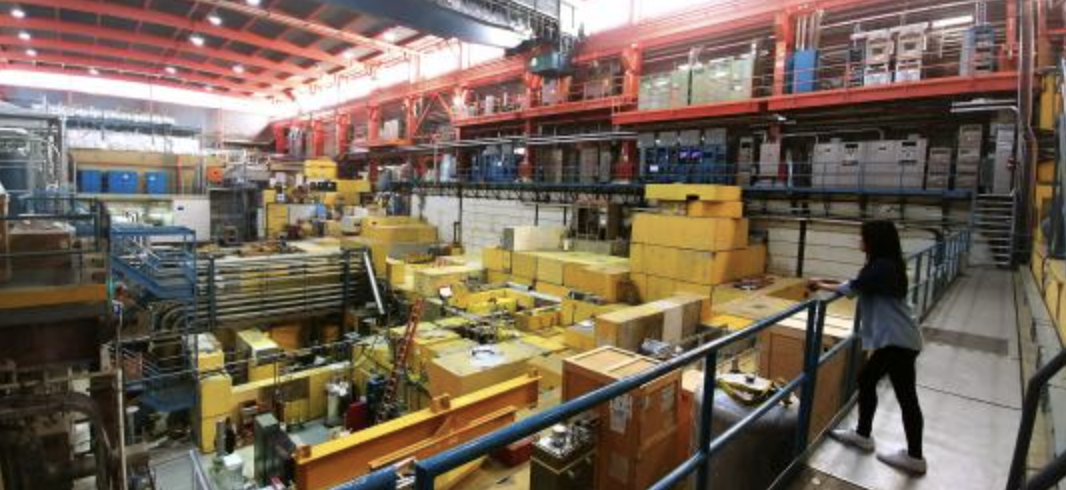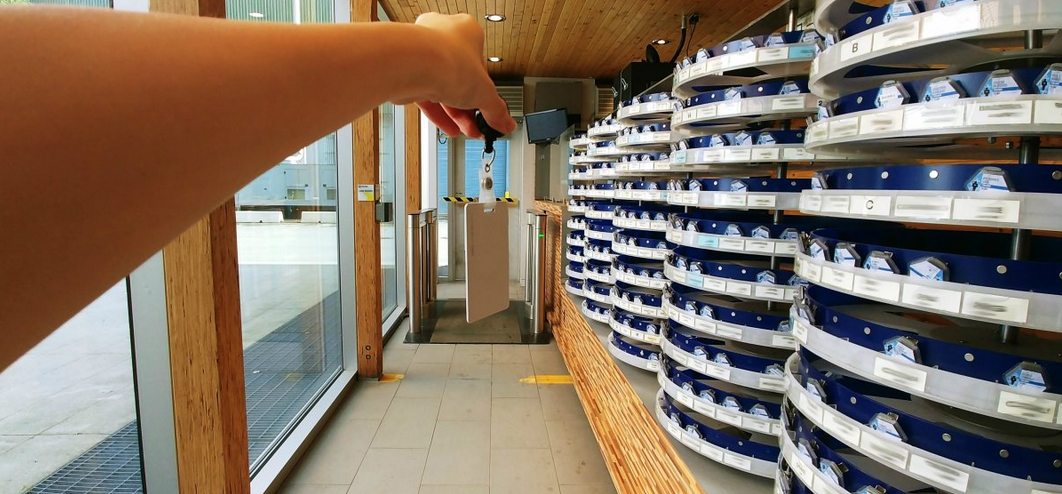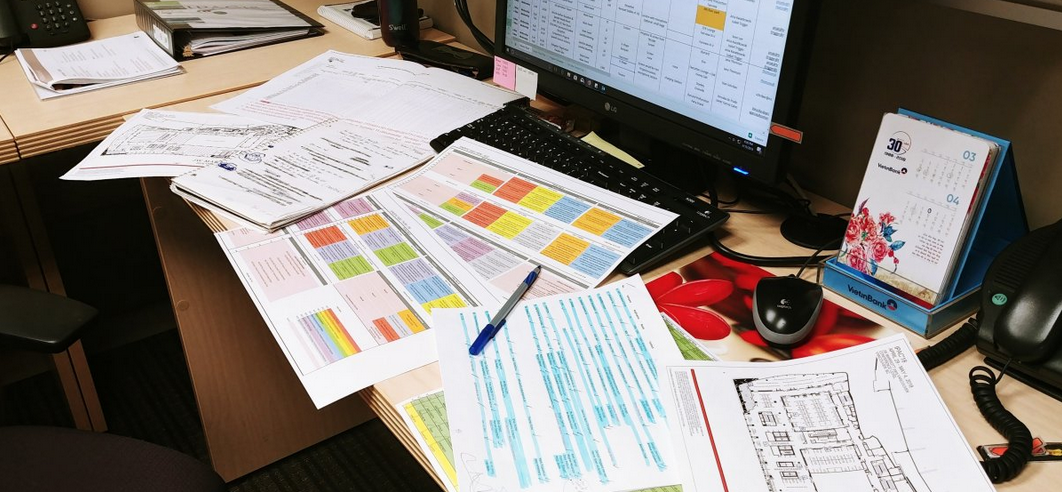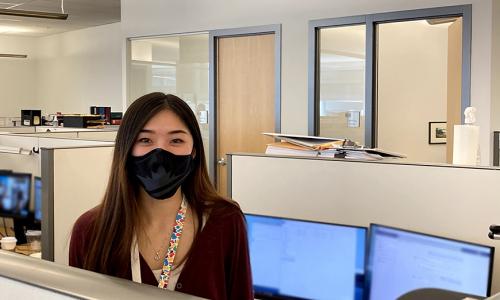

You see a job posting, you read the description, you become interested. You apply for the job, you get interviewed, then you get hired. You start the job, you pay attention to your work environment, then it does not take long before you realize…that you do not understand a single thing about your organization’s core field of work. You now feel lost, overwhelmed, and conflicted. And that is how I began my first co-op term, working as a Conference Management Assistant at Canada’s National Laboratory for Particle and Nuclear Physics (TRIUMF).
That’s right, my position barely has anything to do with what TRIUMF does: physics. My job is to help organize and execute the International Particle Accelerator Conference, a conference for physicists and scientists from around the world to come together, learn and discuss...well, physics. It requires the implementation of various tasks such as coordinating meetings, procurement of goods and services, website/database maintenance and much more.
However, I am not here to provide a job description. I am here to give you a glimpse of what it feels like to be a lost Penny in a world of physicians and engineers (Big Bang Theory reference); what it feels like to work in a national physics lab while knowing absolutely nothing about physics.

Although the work I do does not directly deal with physics, it still proves to be a frequent obstacle. To really do my job well as a Conference Management Assistant, it is best to have a good understanding of what the conference is all about, who is coming with what purpose, and what their expectations are in academic terms. Not having the relevant knowledge felt like driving with a GPS, but with a thick fog obstructing my vision. It was a steep learning curve and took me a while before I could adjust to it.
Moreover, as Canada's premier physics laboratory, TRIUMF maintains strict regulations for entry. However, gaining access to the labs is just a small concern. The real challenge, for someone in my position, is gaining comprehension with the people who work 24/7 in the labs. It isn’t just a stereotype: since science and business are completely different fields, we indeed have quite different ways of expressing ourselves and processing information from each other, thus making communication a whole lot harder than it already is.

And lastly, as the only student who was hired for co-op work in the commercialization aspect of TRIUMF, it became quite evident that I did not get along with all other co-op students, who did their co-op in the labs. I felt out of place, and lonely. It felt like everyone else had support, while I was all on my own.
However, in every dark situation, there is a light. Having to learn and adjust to such a different field really contributed to my adaptation skills; dealing with people who think so differently (not to mention, in a professional setting) greatly improved my communication skills; and being the only person who did the work I did, I eventually found the right people to connect with despite it being a setback initially. No matter what we do, we are never alone. And no matter how difficult things become, there are always options to improve and/or gain benefits out of the situation.
For those who have completed your co-op term, congratulations! You have become a whole lot more experienced- not only in your field but also in life. For those who plan to join the co-op program, I wish you the best of luck in finding a desirable placement. And even if it is not, you could always flip the switch and learn to make the most out of it!















